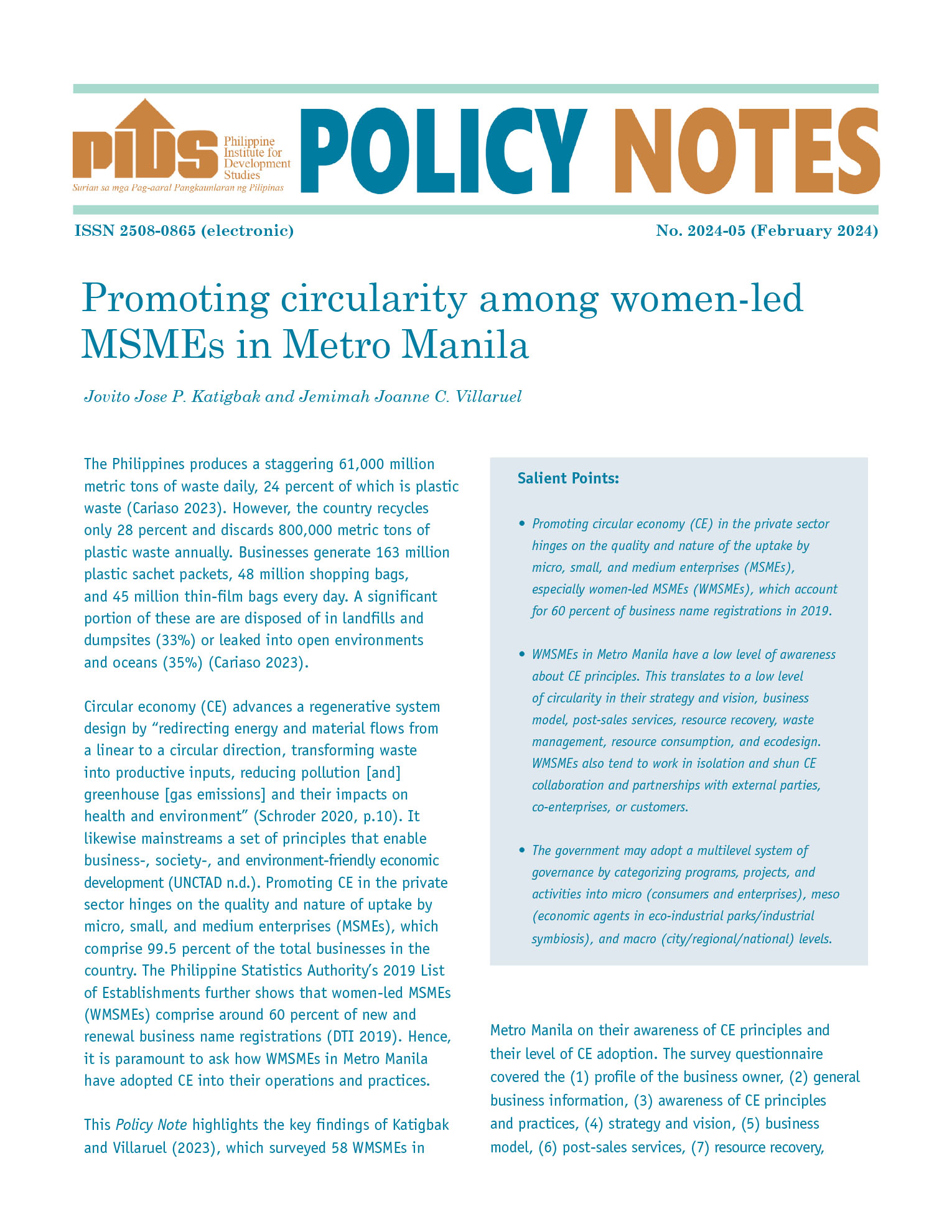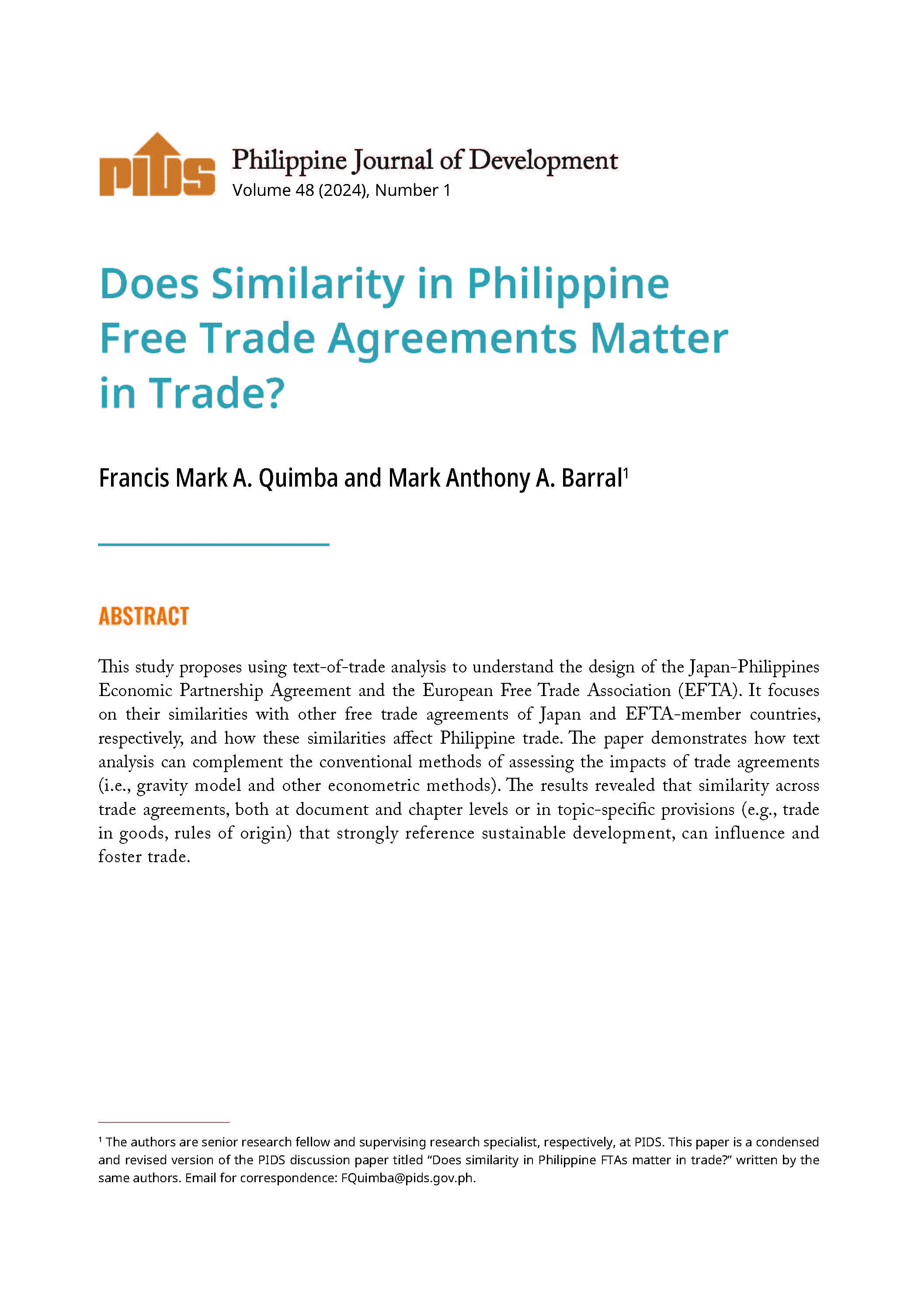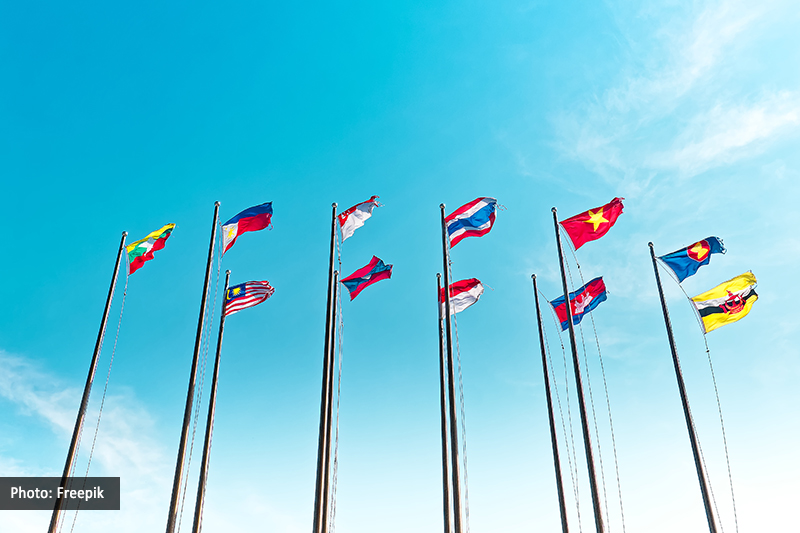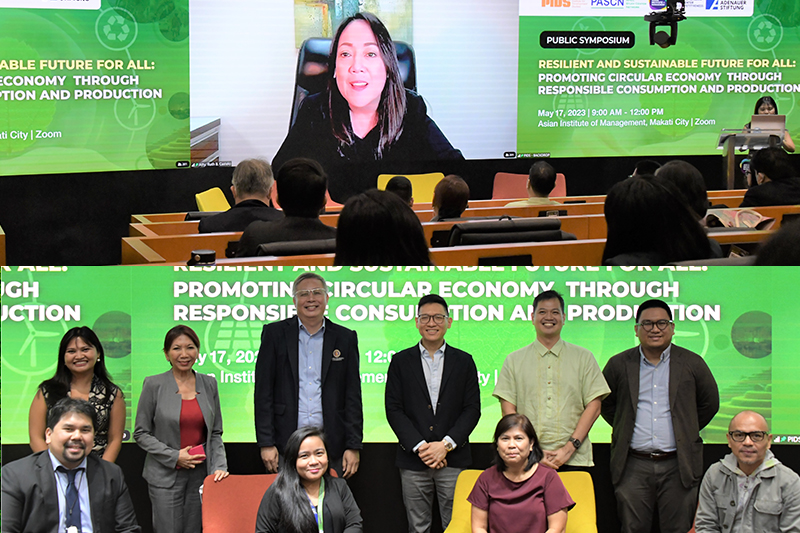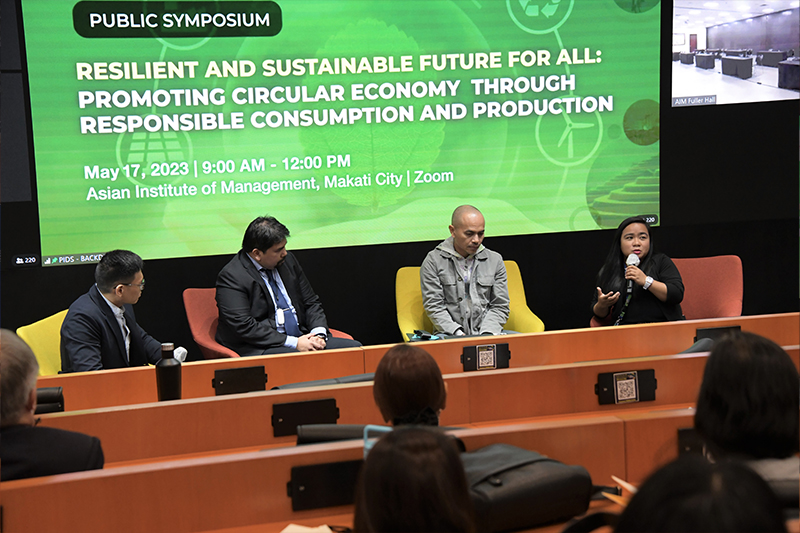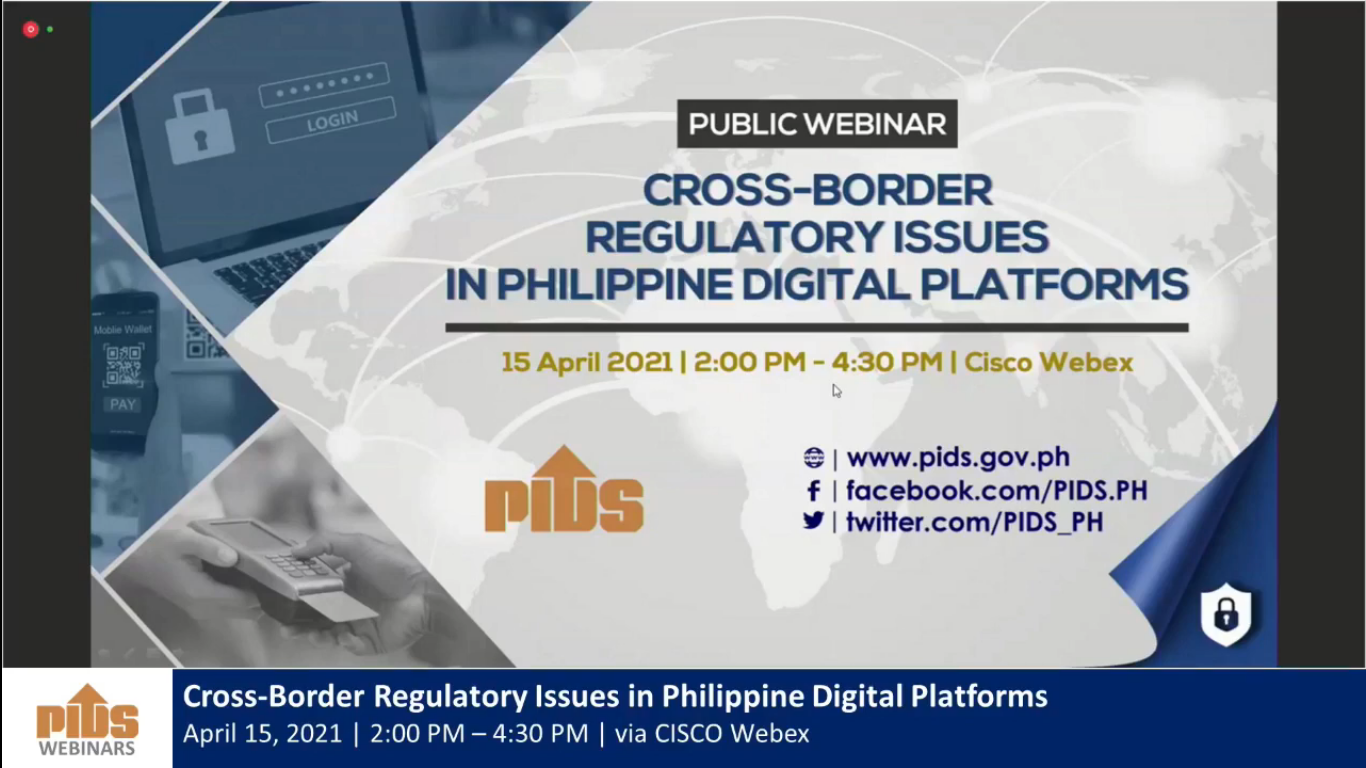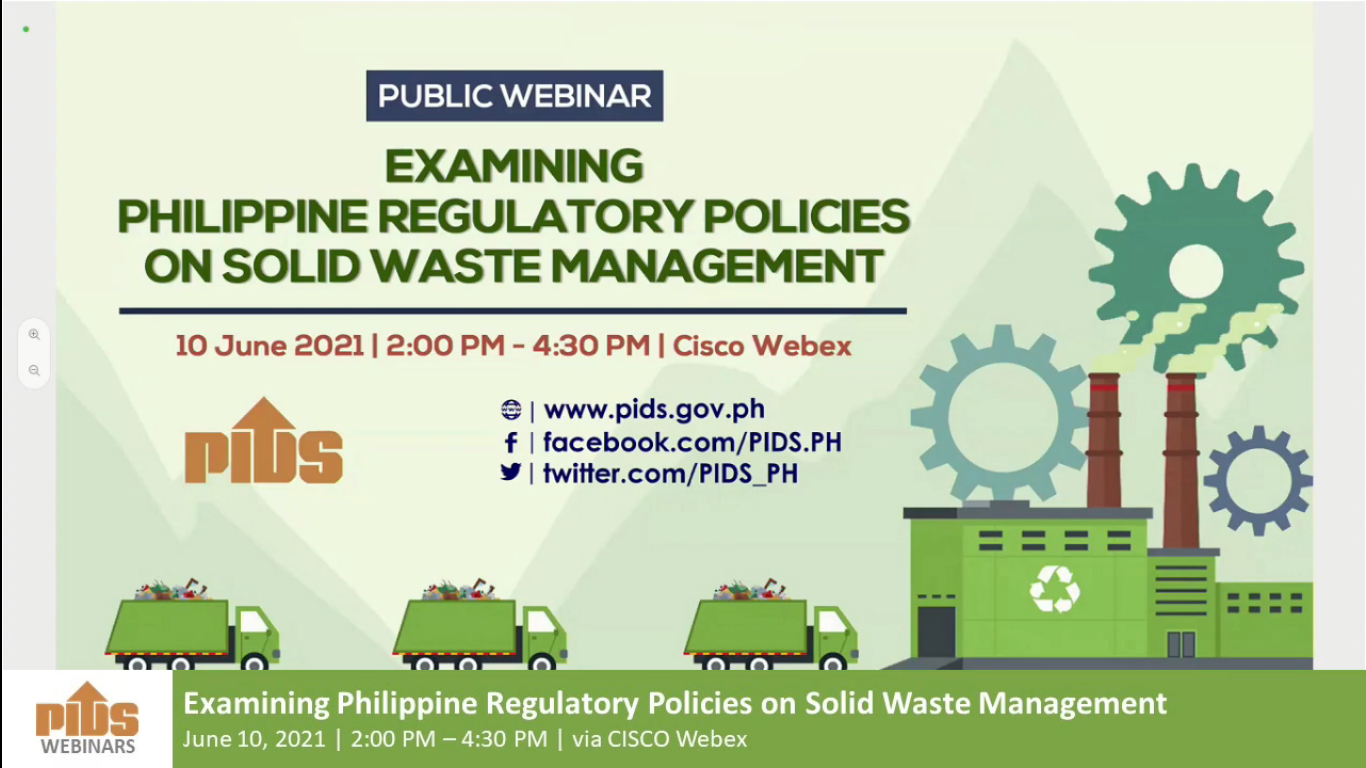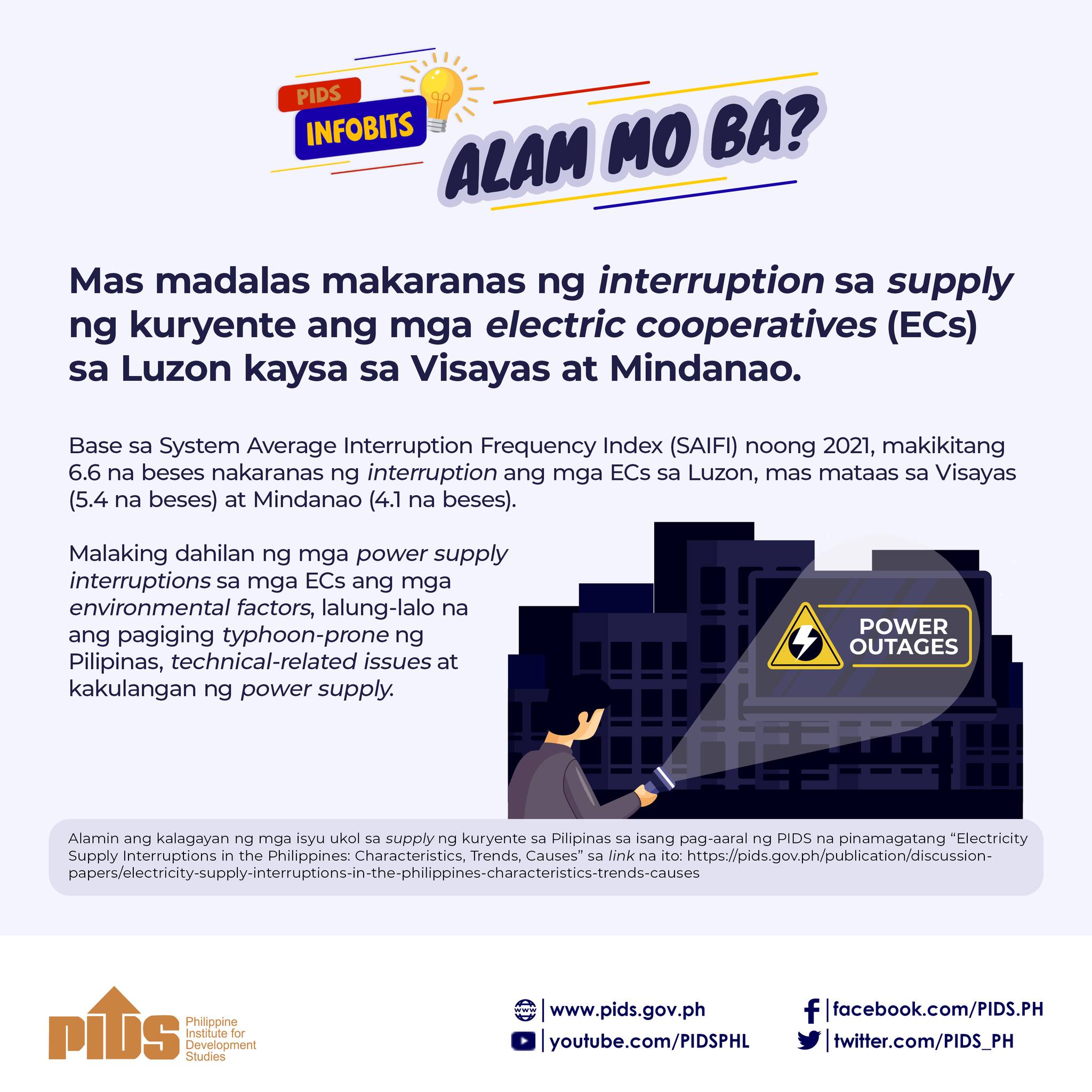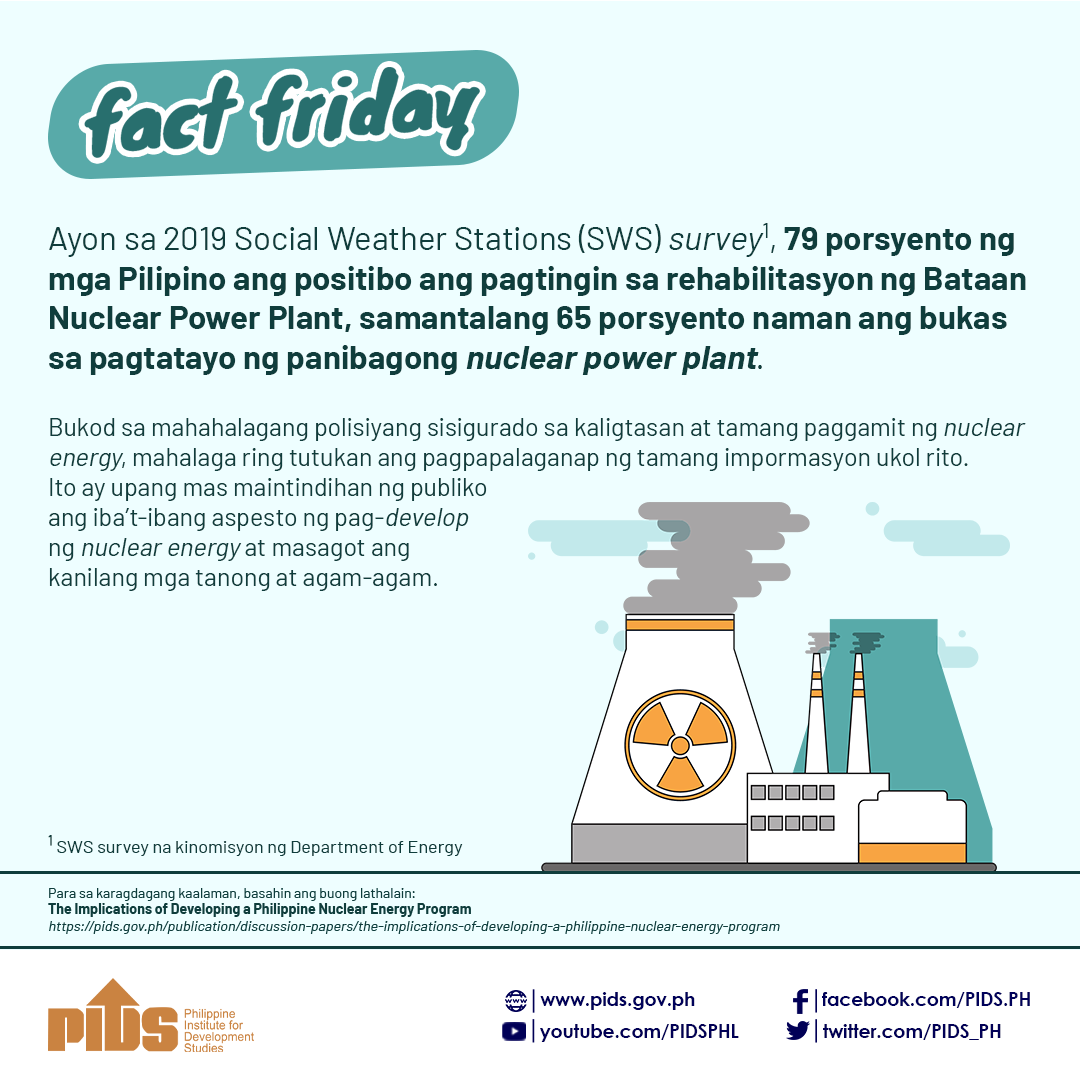A House bill seeking to strip the Philippine Ports Authority (PPA) of its regulatory power was recently filed.
HB No. 1400, authored by Bagong Henerasyon Partylist representative Bernadette Herrera-Dy, aims to convert PPA into a Philippine Ports Corporation (Philports) solely for commercial and port development purposes and transfer its regulatory function to the Maritime Industry Authority (MARINA).
The proposed measure is not new. A similar bill was filed in the previous 18th Congress but the measure was stuck at the committee level.
In the current bill’s explanatory note, Herrera-Dy said port users through the years “have complained about low service levels, inefficient port operations and ever-increasing port charges.”
“They claim that the high cost of transport serves as an effective barrier to increased trade (both local and foreign) and undermine the country’s overall competitiveness,” she added.
The bill noted that “under no circumstance should a regulatory agency benefit from its own regulation and/or use its regulatory powers to protect itself from competition at the expense of public interest.”
Several industry stakeholders and business groups have for years recommended the separation of PPA’s functions, citing conflict of interest and saying the exercise of both functions “unnecessarily increases logistics costs.”
Also calling for such separation of functions are the National Logistics Master Plan of the Department of Trade and Industry; the private sector-led Philippine Multimodal Transport and Logistics Roadmap; and state-owned think tank Philippine Institute for Development Studies’ discussion paper titled “Regulatory Measures Affecting Services Trade and Investment: Distribution, Multimodal Transport, and Logistics Services” and a policy note titled “Regulatory Challenges of the Philippine Logistics Industry.”
Stakeholders are clamoring to revoke Letter of Instructions 1005-A, signed in April 1980, by deleting Instruction Nos. 3 and 4, thereby removing PPA’s share in cargo-handling revenues.
The Export Development Council earlier said Instruction Nos. 3 and 4 constitute “conflict of interest” as the regulator “now benefits from its own regulation, and hence provides the regulator, herein Philippine Ports Authority (PPA), the incentive to increase the rate to improve its financial health.”
The proposed Philports will still be a government-owned and controlled corporation attached to the Department of Transportation. While Philports will be a public enterprise, it will not be primarily a revenue-generating entity but a service provider.
The proposed corporation will only collect port fees and dues approved by MARINA and will not have a share in revenues from cargo-handling and/or any service providers contracted, and from private commercial ports.
Philports will have a 15-member board of directors consisting of eight government agencies and seven private sector representatives from business, logistics, port users, exporters, tourism, shipping, and cargo-handling.
The proposed measure will repeal Presidential Decrees 505 (PPA Decree of 1978) and 857 (PPA Revised Charter), as well as LOI 1005-A and all other inconsistent laws and policies.
HB 1400 on August 1 was referred to the Lower House Committee on Government Enterprises and Privatization and, secondarily, to the Committee on Transportation.


